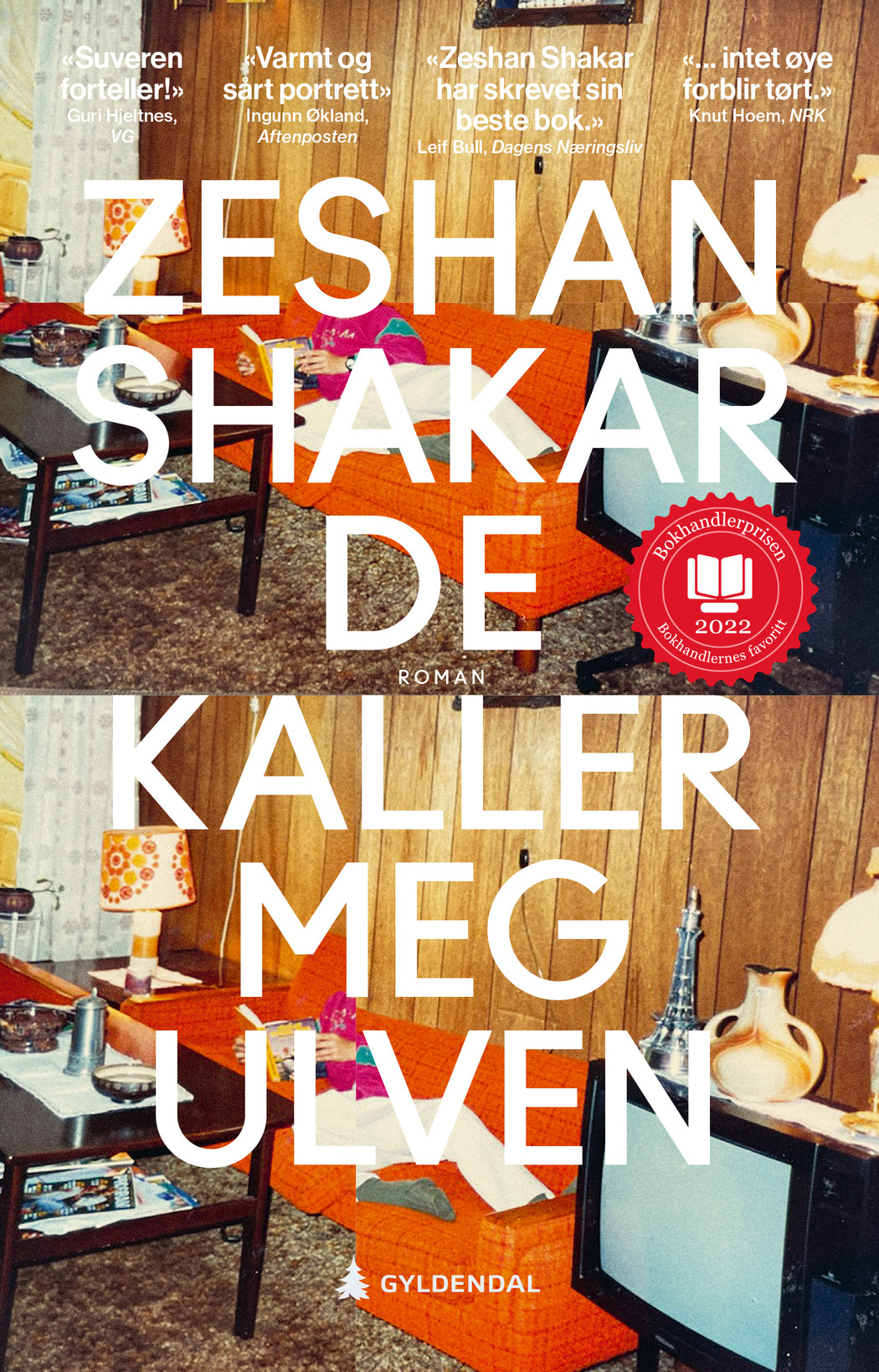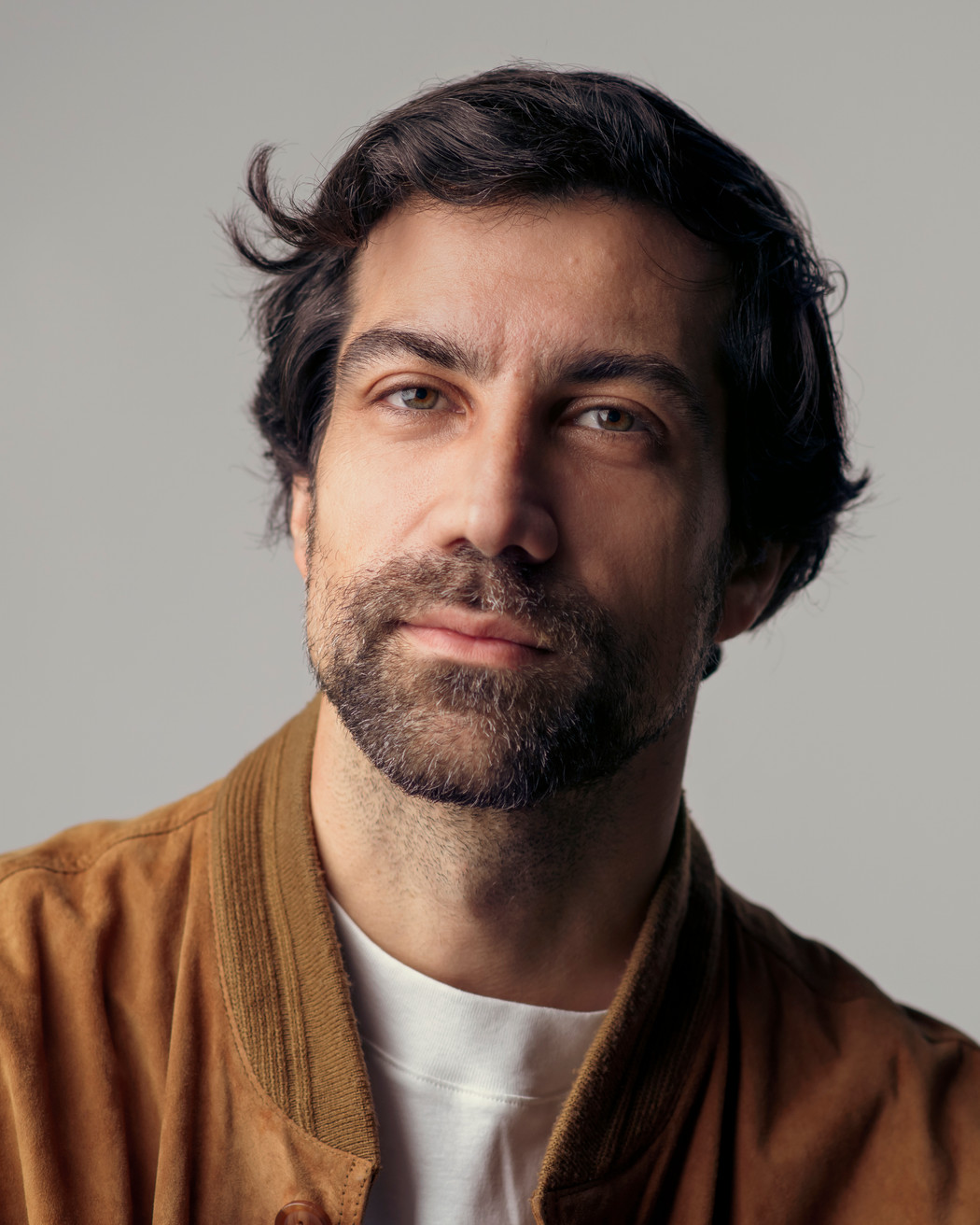They Call me the Wolf
De kaller meg ulven
Aren’t they supposed to have more, I remember thinking. They were from here after all, Norwegian-Norwegians – shouldn’t they own stuff? All the stuff I saw other people’s parents and grandparents owning. Shouldn’t they have the same stuff? Not even a cabin? At least one without any electricity or water in a place where no one else wants a cabin, like in the middle of the woods. They didn’t even have that. I asked my mother about it. She looked annoyed. All she said was, ‘That’s just how it turned out.’
A man is visiting his father, who is moving to Pakistan. His father doesn’t want to grow old in Norway and his small apartment needs to be emptied.
The chore awakens memories from the man’s own childhood and youth, thoughts about his relationship with his own children, and reflections on his parents’ story – a story that began long before he was born. What are they really leaving behind?
They Call Me The Wolf is a wise and moving examination of culture, history, family, identity and masculinity. It’s a novel about being a man from two countries, about having a mother from Finnmark and a father from Pakistan. It’s about being a parent, about the housing market, and about childhood. And it’s about survival and being hungry like a wolf.

‘Outstanding storyteller!’
Guri Hjeltnes, VG
‘They Call Me the Wolf will remain a work of reference in Nordic literature for many years to come.’
Esthi Kunz, Gutkind
‘The touch and gaze in They Call Me the Wolf assure the reader that this authorship has much more to offer in the future.’
Bernhard Ellefsen, Morgenbladet
